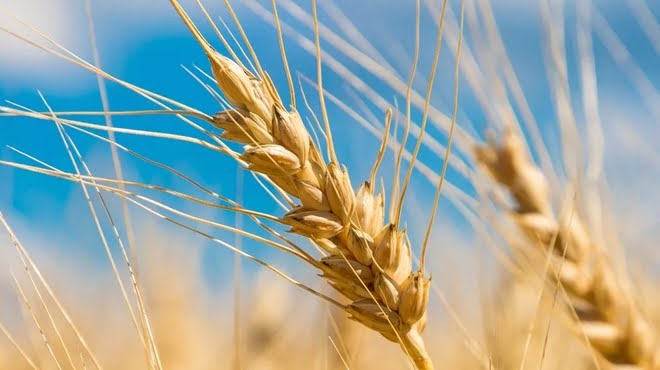The wheat import tariff has been revised down to R394.85 per ton, a 45percent decline from the previous rate of R716.33 per ton.
The Agricultural Business Chamber (Agbiz) said the new duty was calculated in February last year, following an upsurge of international wheat prices.
However, it was only published in the Government Gazette to make it official on April 6.
The head of Agbiz’s economic research unit, Wandile Sihlobo, said the adjustments in the wheat import tariff were satisfied when the international wheat price deviated from the base price by more than $10 (R120.54) per ton for three consecutive weeks.
“From the week ending January 30 to February 13, international wheat prices consistently traded above $235 per ton, making a deviation of $10 per ton above the base price of then $218 per ton, thus leading to a downward revision of the import tariff,” he said.
The International Grains Council forecast 2017/18 global wheat production at 758 million tons, up by a percentage point from the previous season.
“This implies that international wheat prices could trade sideways in the near- to medium-term.
“In the week ending April 3, international wheat prices traded at levels around $237 per ton.”
On March 20, the wheat import tariff was R293.74 per ton, down 25percent from the current rate of R394.85.
The newly calculated rates, said Sihlobo, would only be applicable after publication in the Government Gazette.
Grain SA chief executive Jannie de Villiers told Business Report that the import tariff system was designed to increase when international prices went down, and decrease when they shot up.
“Look, it’s a bit complex. The levy is always moving up and down with regards to what’s going on with international prices,” said De Villiers.
He stressed that the new tariff price won’t increase or decrease the price of bread, a source of carbohydrates for millions of South Africans living below the poverty line.
